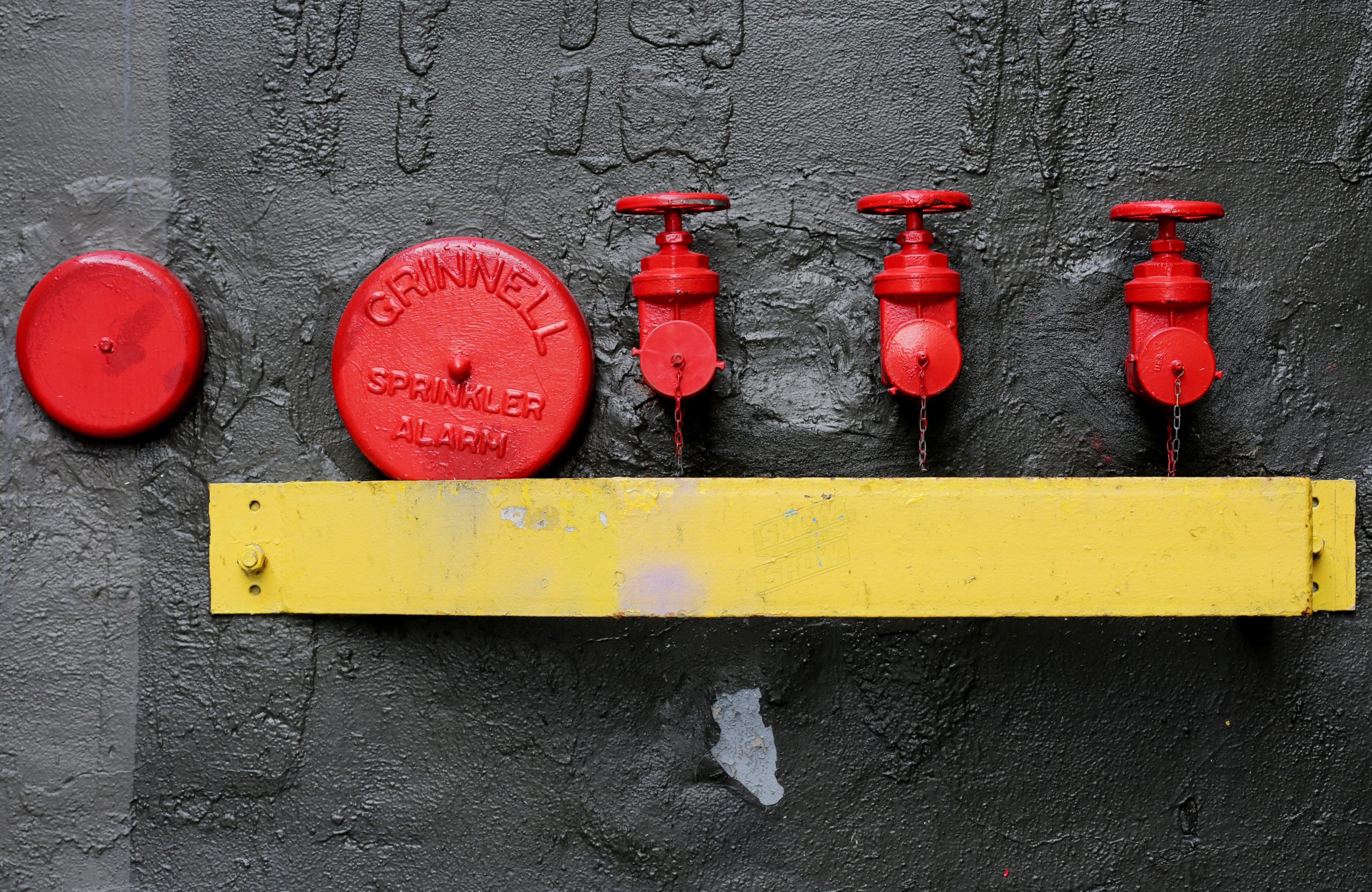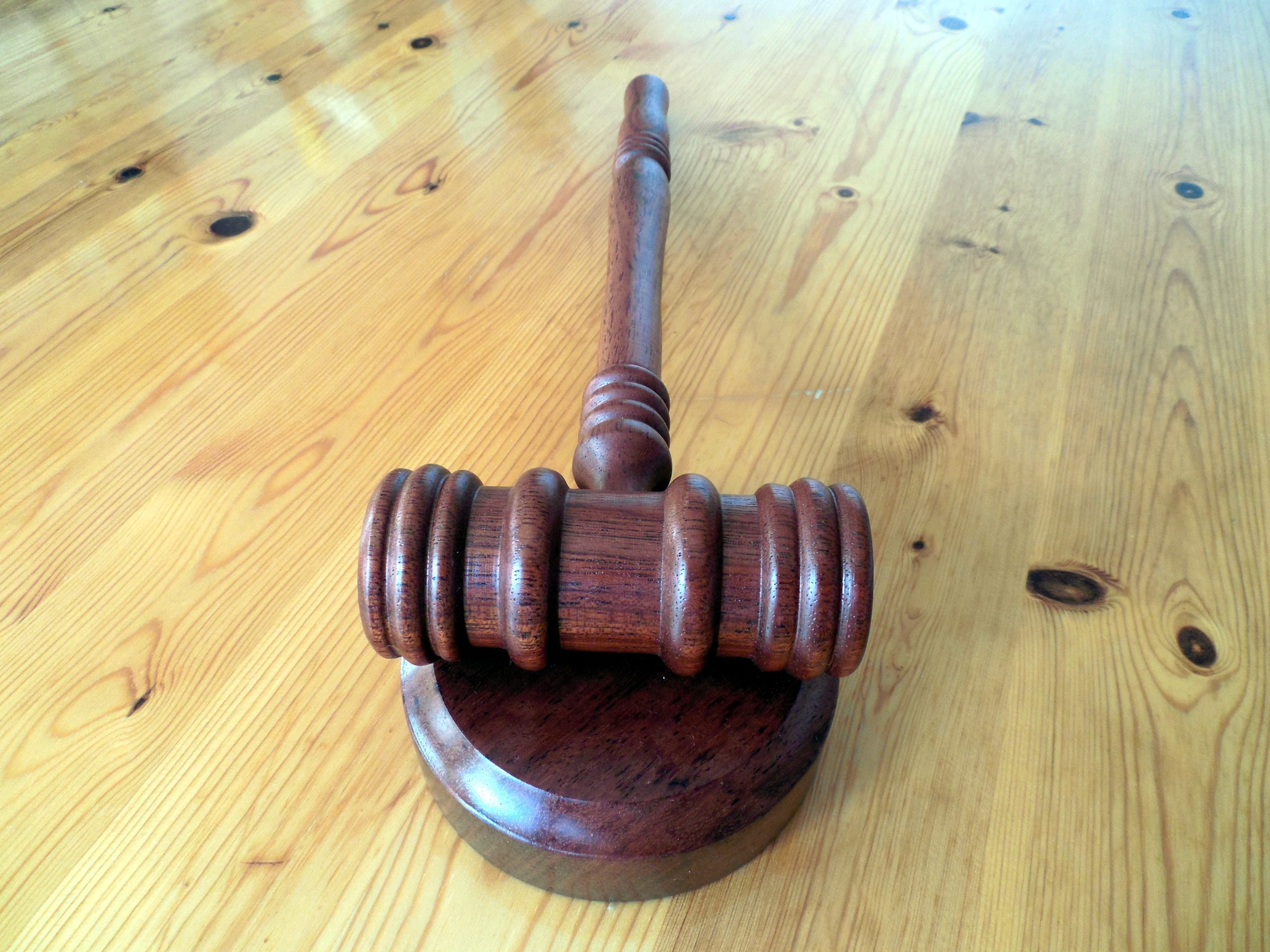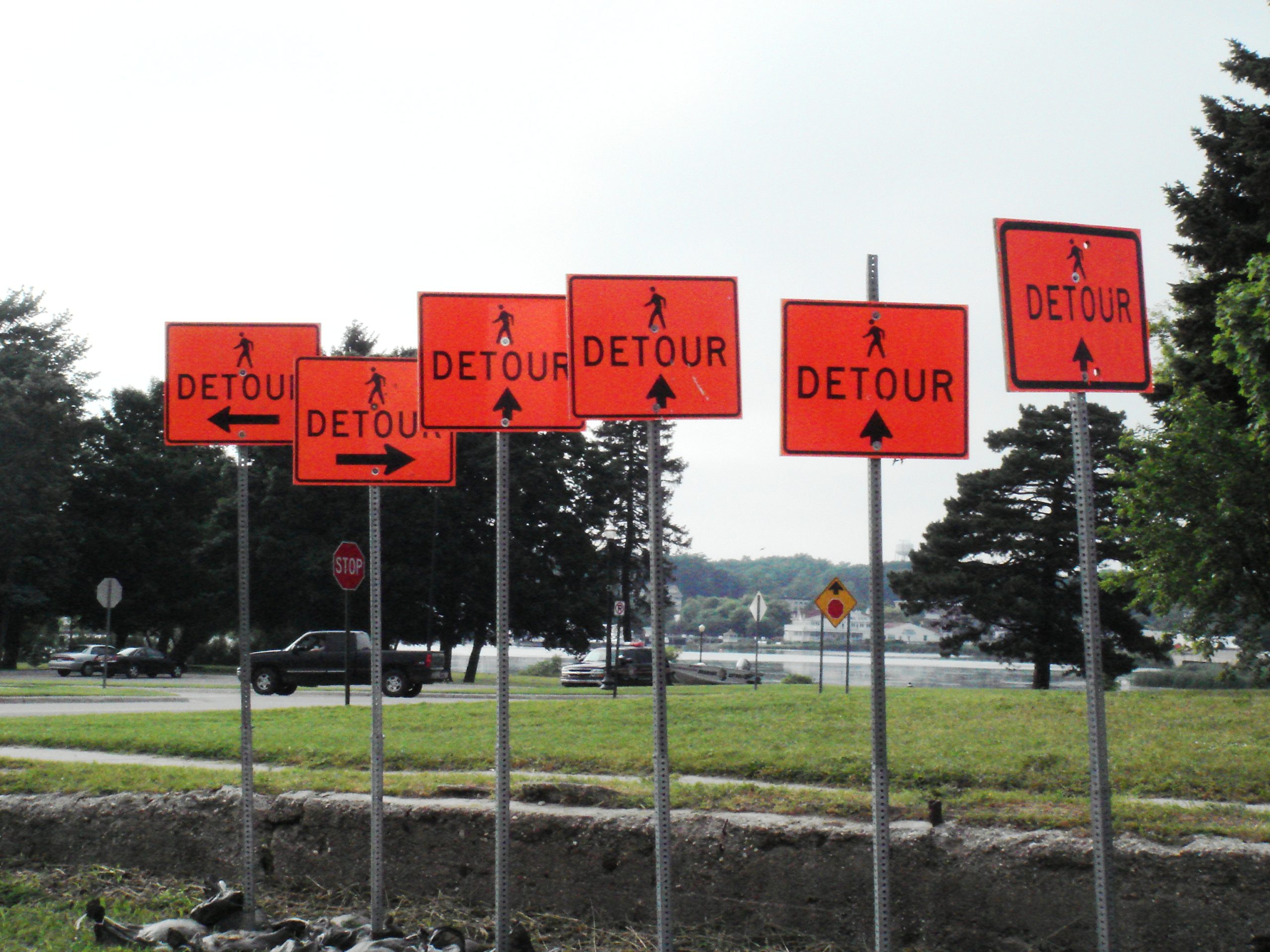 In a recent ruling, the Louisiana Court of Appeal, Third Circuit, affirmed a trial court’s decision denying Amanda Bertrand’s claim for penalties and attorney fees against her underinsured/uninsured motorist (UM) insurer, Progressive Security Insurance Company. The case stemmed from a dispute over the timeliness of Progressive’s payment following Ms. Bertrand’s demand for the limits of her UM coverage.
In a recent ruling, the Louisiana Court of Appeal, Third Circuit, affirmed a trial court’s decision denying Amanda Bertrand’s claim for penalties and attorney fees against her underinsured/uninsured motorist (UM) insurer, Progressive Security Insurance Company. The case stemmed from a dispute over the timeliness of Progressive’s payment following Ms. Bertrand’s demand for the limits of her UM coverage.
Ms. Bertrand was injured in a car accident in 2012. The at-fault driver’s insurance company, Farm Bureau, tendered its policy limits of $15,000 in early 2013. Subsequently, Ms. Bertrand notified Progressive, her UM insurer, of the accident and demanded payment of her $15,000 UM policy limits.
Progressive received Ms. Bertrand’s demand letter but requested an additional medical record from her treating physician. Upon receiving this record, Progressive promptly issued payment. However, due to a communication issue, Ms. Bertrand’s attorney indicated that the payment had not been received, leading Progressive to stop the initial payment and reissue it.
 Insurance Dispute Lawyer Blog
Insurance Dispute Lawyer Blog


 Mardi Gras, a time of joyous celebration, took an unexpected turn for a store near a French Quarter hotel when a sprinkler head malfunctioned, resulting in significant water damage. Despite the storeowner’s insurance covering the damages, a lawsuit ensued to determine the hotel’s liability for the losses incurred. This case highlights the complexities of determining responsibility and legal remedies in property damage cases, emphasizing the importance of seeking legal counsel to navigate such situations effectively.
Mardi Gras, a time of joyous celebration, took an unexpected turn for a store near a French Quarter hotel when a sprinkler head malfunctioned, resulting in significant water damage. Despite the storeowner’s insurance covering the damages, a lawsuit ensued to determine the hotel’s liability for the losses incurred. This case highlights the complexities of determining responsibility and legal remedies in property damage cases, emphasizing the importance of seeking legal counsel to navigate such situations effectively. Court cases are contentious, polarizing atmospheres between the parties. Stubbornness is ripe, and the opposing parties are staunchly in, unsurprisingly, opposition. However, sometimes even opposing parties can agree. Any party can take issue with a court’s judgment, and sometimes ALL parties can take issue with a court’s decision–even if these issues are different. But when multiple parties raise various errors in a trial court judgment, how can the higher courts resolve such allegations of error?
Court cases are contentious, polarizing atmospheres between the parties. Stubbornness is ripe, and the opposing parties are staunchly in, unsurprisingly, opposition. However, sometimes even opposing parties can agree. Any party can take issue with a court’s judgment, and sometimes ALL parties can take issue with a court’s decision–even if these issues are different. But when multiple parties raise various errors in a trial court judgment, how can the higher courts resolve such allegations of error?